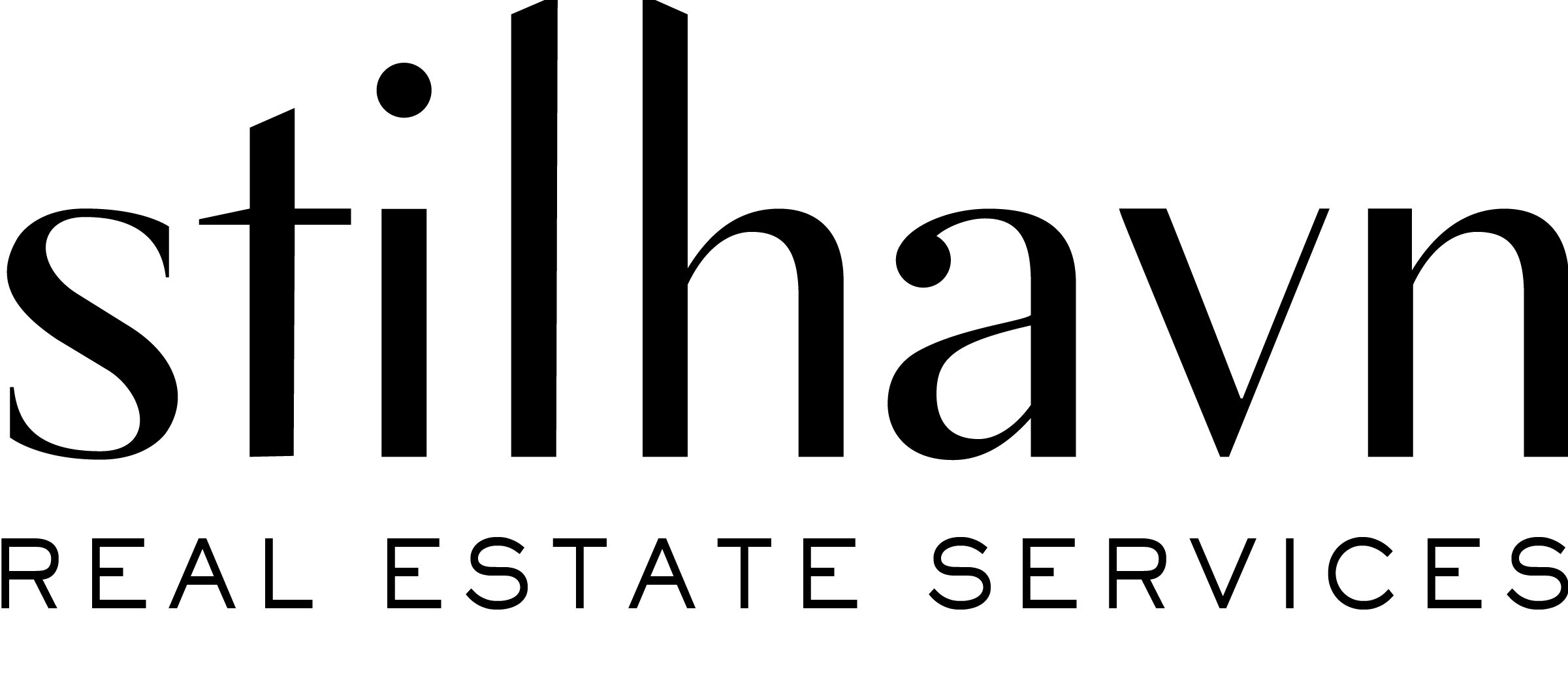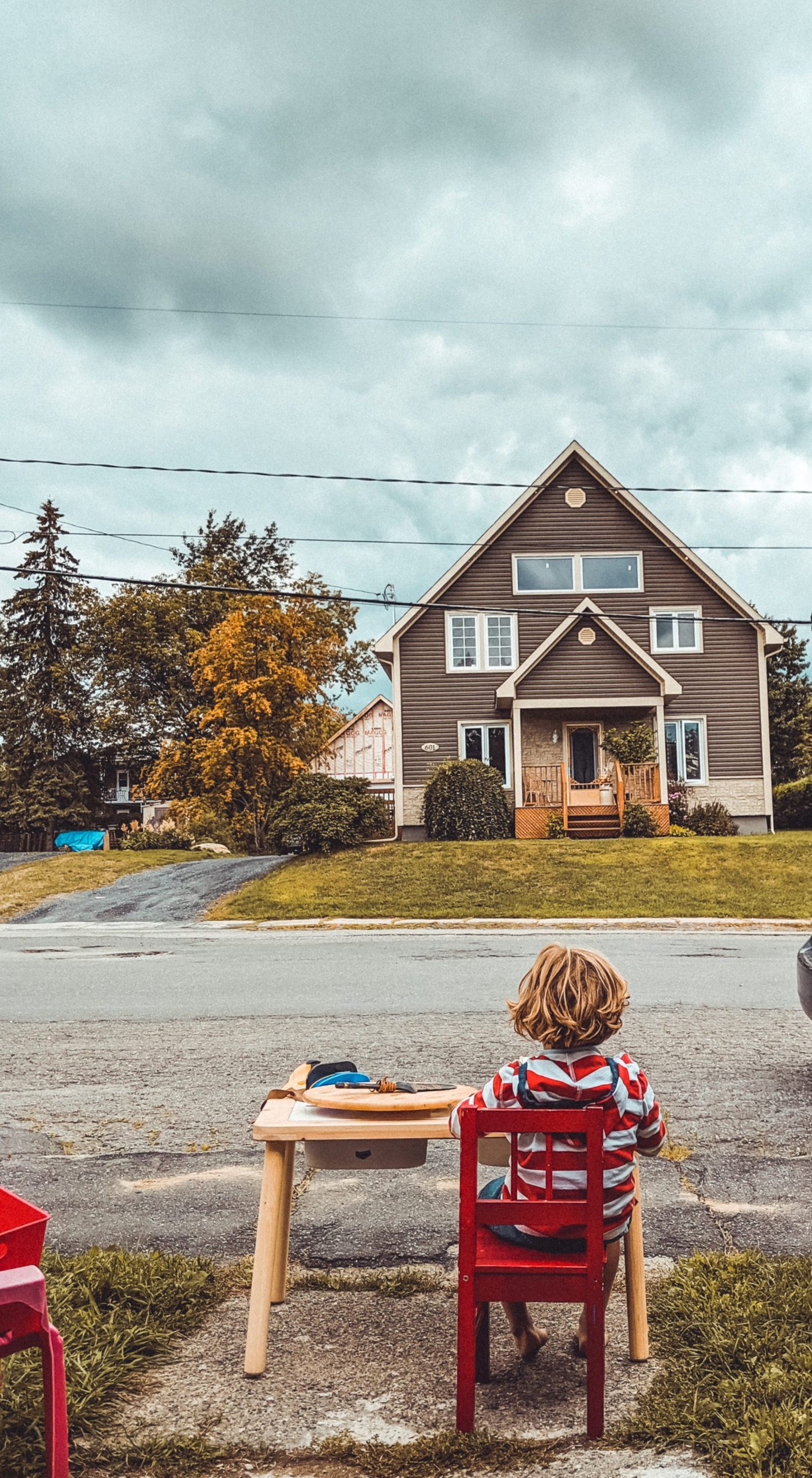CBC Radio One asked our thoughts on the latest housing policy proposed by Canada’s major political parties. If you haven’t read them yet, here’s a synopsis from CBC.CA, with links to the entire pieces at the bottom of the page. On Saturday morning, the interview will air.
Liberals
- The Liberals haven’t released their election platform yet, but we can glean some clues from the government’s 2021 budget, which doubles down on the government’s National Housing Strategy introduced in 2017.
- The budget included a commitment of $2.5 billion to create 35,000 affordable housing units, $1.5 billion of which is dedicated to the government’s “rapid housing initiative,” which seeks to build new affordable housing units much faster than is typically possible.
- The Liberals also proposed a new tax targeting “underused” housing.
- The measures to curb the practice of “flipping” homes, efforts to block foreign nationals from buying homes for two years and new regulatory measures to police exploitative real estate agents, as well as bring total transparency to the price.”
- The three-point program includes commitments to “unlock home ownership” through new government funding, a plan to build more homes to address supply constraints and measures to establish and protect new rights for buyers.
- To introduce a first home savings account which would allow Canadians up to age 40 to save $40,000 toward their first home and withdraw it tax-free when it comes time to buy. Money added to the account would go in tax-free and could be withdrawn without any taxes owing on possible investment gains.
- He said a Liberal government would double the first-time home buyers tax credit from $5,000 to $10,000 — an incentive that would help with the many closing costs that come with buying property.
- To reduce mortgage costs, a Trudeau-led government would force the Canada Mortgage and Housing Corporation to slash mortgage insurance rates by 25 per cent — a $6,100 savings for the average person. The Liberals are also proposing a sort of “rent-to-own” program, with $1 billion in new funding to “create a pathway for renters in five years or less.”
Conservatives
- The Conservatives’ election platform features a plan to build one million homes over three years, the conversion of at least 15 percent of federal government property into housing, and the creation of an Indigenous housing strategy.
- A Conservative government would also bar foreign investors who are not living or moving to Canada from buying a home for at least the next two years.
- The party also wants to encourage the offering of seven-to-10-year mortgages and to make tweaks to stress test and insurance requirements to help people qualify more easily for financing.
NDP
- The NDP’s housing platform is centred on a proposal to build 500,000 affordable homes over the next 10 years.
- The party is also proposing a 20 per cent foreign buyer’s tax on the sale of homes to individuals who are not Canadian citizens or permanent residents.
- To help buyers get into the market, the party is also proposing the creation of 30-year mortgages insured by the Canada Mortgage and Housing Corporation.
- Singh has said a government led by him would free up federal lands for these sort of projects
- To streamline funding applications for co-ops, social and non-profit housing while waiving the federal portion of the GST/HST on the construction of new affordable rental units in order to boost supply. Singh has said a government led by him would free up federal lands for these sort of projects, turning unused and under-used properties into “vibrant new communities.”
- To reintroduce 30-year terms for insured mortgages on entry-level homes. Like the Liberals, the NDP also would double the home buyers’ tax credit to give people about $1,500 to help with closing costs. They also promise to slap a 20 per cent foreign buyers’ tax on homes sold to people who aren’t Canadian citizens or permanent residents.
Green Party
- The Green Party has not released its 2021 election platform yet, but the party has recently advocated for the federal government to redefine affordable housing using an updated formula.
- The Greens have also proposed stronger regulation of foreign investments in real estate, and the creation of a federal “empty home tax” that would apply to foreign and corporate property owners who leave units vacant.
With the exception of the Green Party, it appears to me that every other party has prioritized increasing housing supply and limiting foreign purchasers’ purchasing power as methods to make housing more accessible. As I previously stated to CBC, the major driver of rising house prices has not been foreign buyers for a long time, albeit they continue to play an important role in the market. In recent years, homeownership has become the go-to investment for Canadians and a Canadian dream, thanks to the belief that the market would always, at least in the long run, keep going up, despite the fact that Canadians already spend too much of their disposable income on housing.
Unless we can shift people’s attitudes toward real estate to the point where it is no longer appealing to speculative investors, both foreign and domestic, by tax reform and/or other measures, Canadians will begin to view real estate investment differently. I’m hoping that a combination of the proposed reforms would finally nudge Canadians out of the real estate frenzy.
How would the 2-year ban for foreign investors affect the foreign buyers?
The approach would almost certainly cause a short-term shock to the market, resulting in lower sales and, in turn (maybe), lower prices, at least briefly. It’s crucial to examine what other tools will be adopted at the same time or after the two-year term. For example, a foreign buyer could purchase a home under the name of someone else but be the beneficial owner. As soon as the two-year period is up, he or she could transfer the property back through a private sale. Sure, there would be higher taxes, but for some international buyers, investing in real estate rather than keeping their money in the bank would be a more appealing alternative.
How would the federal 20% foreign buyer tax affect the foreign buyers?
In 2016, the British Columbia government set a precedent with a 15% foreign buyer tax, which was increased to 20% in 2018. While housing prices fell in 2018, this did not result in homes becoming more affordable in the long run.
How would these policies affect foreign clients that I deal with?
This does not necessarily imply that they will begin selling their real estate holdings, since many of them place a higher value on asset security than on the profit potential of selling. Before the policies are enforced, we may witness a surge in demand from foreign buyers. Foreign investors would assess ideal investing objectives based on security, accessibility, and perceived values, depending on the state of the international economy at the moment.
Has transparency in the housing market improved in BC?
On November 30, 2020, the BC provincial government passed the LANDOWNER TRANSPARENCY ACT, which has made homeownership more transparent. With several measures, the Superintendent of Real Estate BC has been working in collaboration with major BC Real Estate institutions, including the Greater Vancouver Real Estate Board and the Real Estate Council of BC (now BC Financial Services Authority), to strengthen the professional standard among Real Estate Professionals. As a Realtor, I’ve noticed a noticeable improvement among my peers. Obviously, this is an ongoing improvement, and much more needs to be done.
Trudeau promises new incentives worth billions and a tax on ‘flipping’ to help Canadians buy a home
Photo by Luc Bélanger on Unsplash




